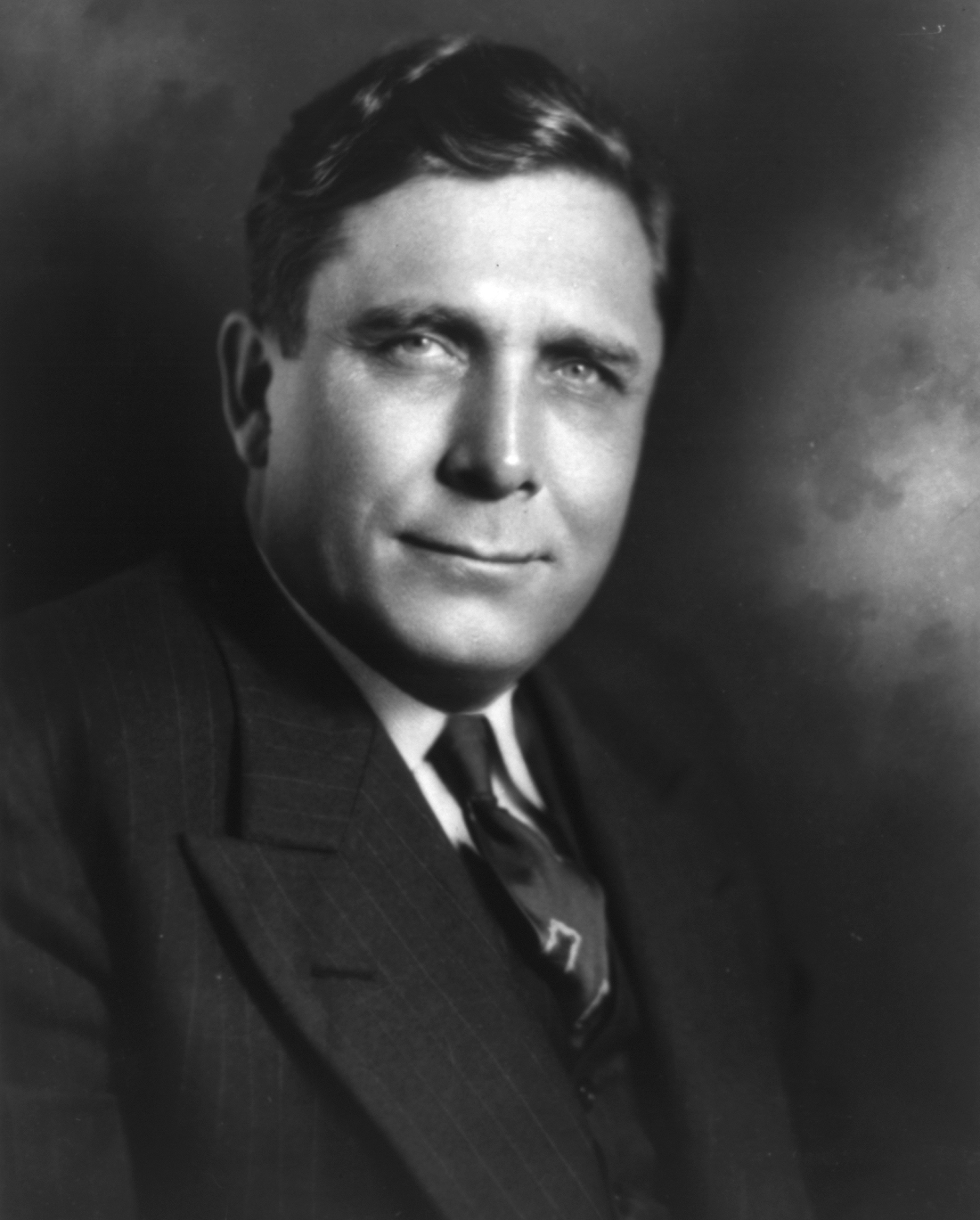Willkie, Wendell Lewis (1892-1944), was the Republican candidate for president of the United States in 1940 when Franklin D. Roosevelt ran for a third term. Willkie was defeated, but he received over 22 million votes, 45 percent of those cast. His running mate for the vice presidency was Senator Charles L. McNary of Oregon.

Willkie’s political career was one of the most unusual in American history. Most of his life he had been a loyal member of the Democratic Party, but he became a Republican in the mid-1930’s. Willkie rose to political prominence without the aid of a regular political organization, and most of his advisers were political amateurs. The chant “We want Willkie” from the galleries at the 1940 Republican National Convention forced many unwilling Republican leaders to give Willkie their party’s nomination for president of the United States.
His life.
Willkie was born on Feb. 18, 1892, in Elwood, Indiana. His first name was Lewis and his middle name Wendell. But when he enlisted in the Army during World War I, the Army mistakenly reversed them and he accepted the change. He studied law at Indiana University. In 1929, Willkie became legal adviser to the Commonwealth and Southern Electric Utilities Company. Four years later, he was elected the company’s president. He fought a long legal battle against the Tennessee Valley Authority (TVA). But when in 1939 the U.S. Supreme Court refused to consider the constitutionality of the authority’s activities, he sold the properties of the Tennessee Electric Power Company, a subsidiary of Commonwealth and Southern, to the TVA for $78 million.
His public career.
Willkie became prominent for his opposition to the New Deal of President Roosevelt. He favored many of its social reforms but opposed its business regulations. He favored removing controls and changing the tax system to encourage business expansion. He largely agreed with Roosevelt’s foreign policy.
After the United States entered World War II, Willkie rallied his followers in a program of national unity. Roosevelt sent him on a number of visits to other countries as his unofficial envoy. After Willkie returned from an airplane trip around the world in 1942, he wrote the book One World (1943). In it, he outlined his ideas for international cooperation. Willkie entered the Wisconsin primary in 1944 as a candidate for the Republican nomination for president. He was defeated and retired from politics. He died on Oct. 8, 1944.
